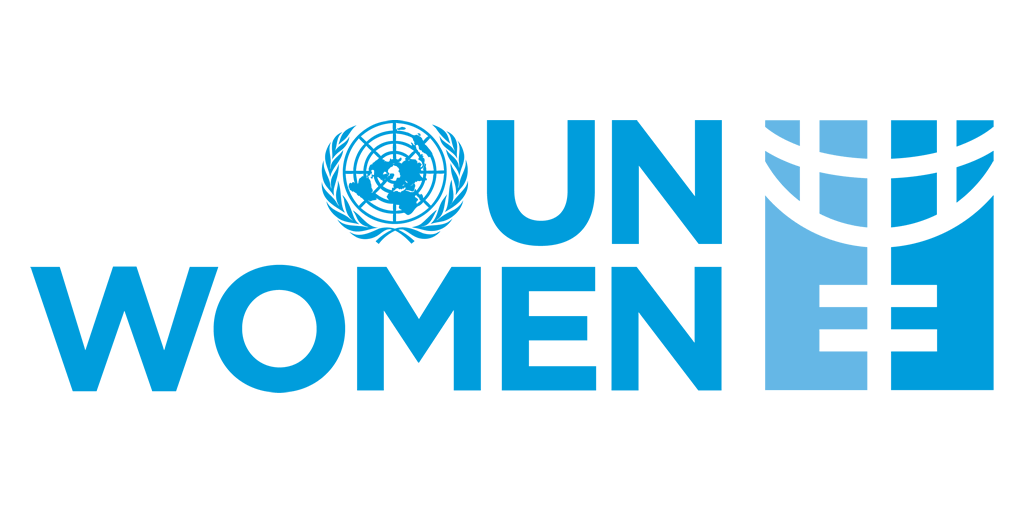UN Women stands in solidarity with all people of diverse sexual orientations, gender identities, gender expressions and sex characteristics (SOGIESC). We recognize that LGBTIQ+ rights depend on autonomous decision-making over matters of one’s body and health. In many contexts these rights remain out of reach.
UN Women Statement for the International Day Against Homophobia, Biphobia, Intersexphobia, and Transphobia
Around the world, LGBTIQ+ people routinely experience abuse, targeting and policing, from the interpersonal to the political level. Escalating crackdowns and the erosion of civic space, along with discriminatory policies have effectively rendered even the visibility of LGBTIQ+ people a crime. Armed conflicts and the ongoing impacts of the COVID-19 pandemic and climate change have further fuelled these injustices. Over the last year, an increased number of laws and policies have criminalized and stigmatized gender diversity. For LGBTIQ+ people who are low-income, young, disabled, Black, Indigenous, or people of colour, such threats to bodily autonomy are experienced in conjunction with other forms of discrimination and marginalization.
An estimated two billion people live in environments where LGBTIQ+ people are treated as criminals. Only one third of countries protect people from discrimination based on sexual orientation; only one tenth protect trans people from discrimination based on gender identity, and less than one in 20 protect intersex people from discrimination.
At the same time, there have been important advances across regions. These include access to sexual and reproductive health services for LGBTIQ+ people; the banning of “conversion therapy”; the introduction of non-binary gender markers and gender self-selection procedures for official documents; the continued removal of restrictions on same-sex relations; marriage equality; and trailblazing references to sexual orientation and gender identity in multilateral agreements. We are encouraged by this progress and call on all Member States to do more to protect and promote these fundamental human rights.
A key avenue for this is the Generation Equality Action Coalition on Bodily Autonomy and Sexual and Reproductive Health, which reaffirms a multilateral commitment to LGBTIQ+ bodily autonomy. UN women will continue to support commitment-makers in their work to enhance LGBTIQ+ people’s access to sexual and reproductive health services, comprehensive sexuality education and freedom from all forms of coercion, violence and discrimination.
When LGBTIQ+ people, particularly LGBTIQ+ women, girls and gender diverse people, can make decisions about their bodies and lives – free from violence, discrimination or coercion – they can realize their full potential and live freely and with dignity. On this International Day Against Homophobia, Biphobia, Intersexphobia and Transphobia, we emphasize to all LGBTIQ+ people that UN Women stands with you to promote your rights, and celebrates your diversity, courage and resilience.
